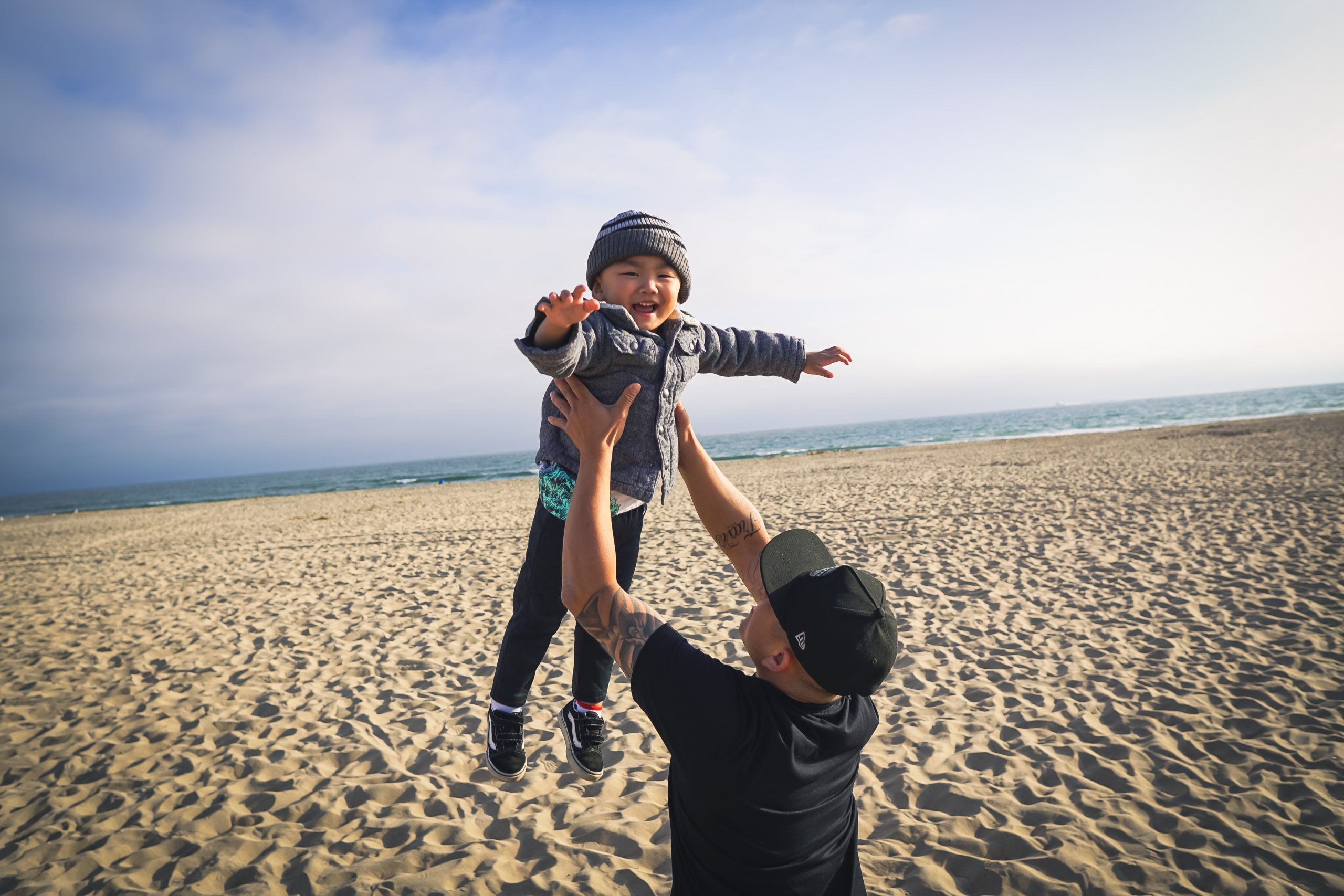
When it comes to divorce, there are few issues as thorny and emotional as child custody. PMK is available to assist with all of your child custody needs and make the process as smooth as possible. Prior to a divorce, it is beneficial to identify your custody goals. For example:
Do you wish for your home to be your children’s primary residence?
- What regular schedule do you believe will be best for your children?
- Which parent will be responsible for what roles for maintaining your children’s school, medical, extracurricular and social needs?
- Which parent will your children spend holidays and school breaks with?
- What is the best way to transition your children between households?
In Hawaii, there are two types of custody; physical custody and legal custody. Legal custody is the authority of a parent to make long-term decisions about the child’s upbringing and welfare, such as education, medical care, and religious instruction. Physical custody is in which household the child lives.
If children reside primarily with one parent (largely determined by the number of overnights each week), that parent has sole physical custody. If the children spend equal time in each household, that is known as joint physical custody. However, these terms are largely outdated since the Family Court considers primarily how much time children spend with each parent on the whole.
For sole legal custody, one parent has the entire say regarding the children’s upbringing. For joint legal custody, both share decision-making authority and must agree on these decisions. Sole legal custody has become less frequent as judges like to encourage both parents to remain involved in decisions regarding the children unless it is simply not possible because of the circumstances.
If the former couple agrees on the custody arrangement, a judge will review it, but will almost always defer to their wishes. If the couple does not agree, a Hawaii family court judge will decide custody arrangements based on the child’s needs and which parent can best meet them. The judge will also consider factors such as the children’s ages, each parent’s living situation, the child’s preference (this is dependent on the child’s age and is not binding), and the best way to maintain continuity and stability. If there is evidence of abuse or neglect by one parent, the judge will limit that parent’s contact with their children.
The state of Hawaii does allow a custodial parent to relocate with their child out of state, but only if there is mutual agreement by the parties or a decision by the judge after a hearing to determine which custody arrangement is in the best interests of the child under the new situation. The judge will also consider whether there will be sufficient opportunity for the child to have significant in-person and remote contact with the parent who remains behind. For example, if one parent elects to move to the mainland, they might agree to allow the children to have longer visits – such as an entire summer – with the parent who remains in Hawaii so they may maintain a strong relationship with their children.
Circumstances of every custody situation depends on many circumstances, which have been further complicated due to the COVID-19 pandemic. Some of those additional factors may include quarantines, social distancing, and whether or not children are currently participating in face-to-face schooling. The PMK Family Law team is staying current regarding the COVID-19 pandemic’s effect on child custody and can help you navigate this complex situation.

